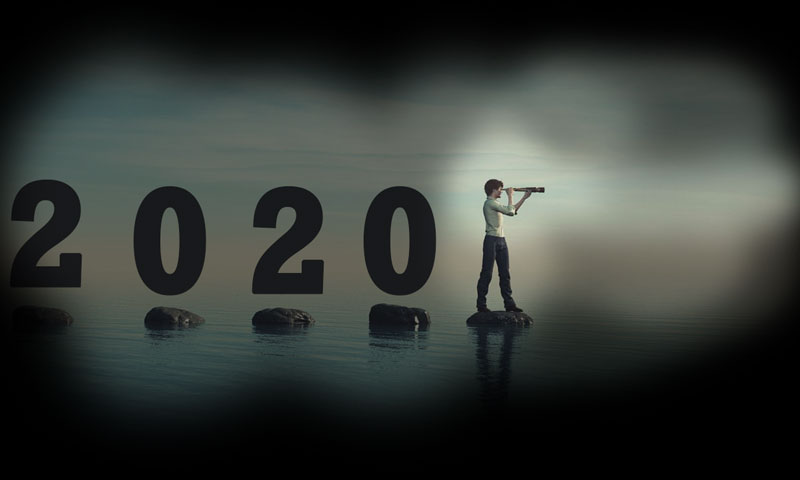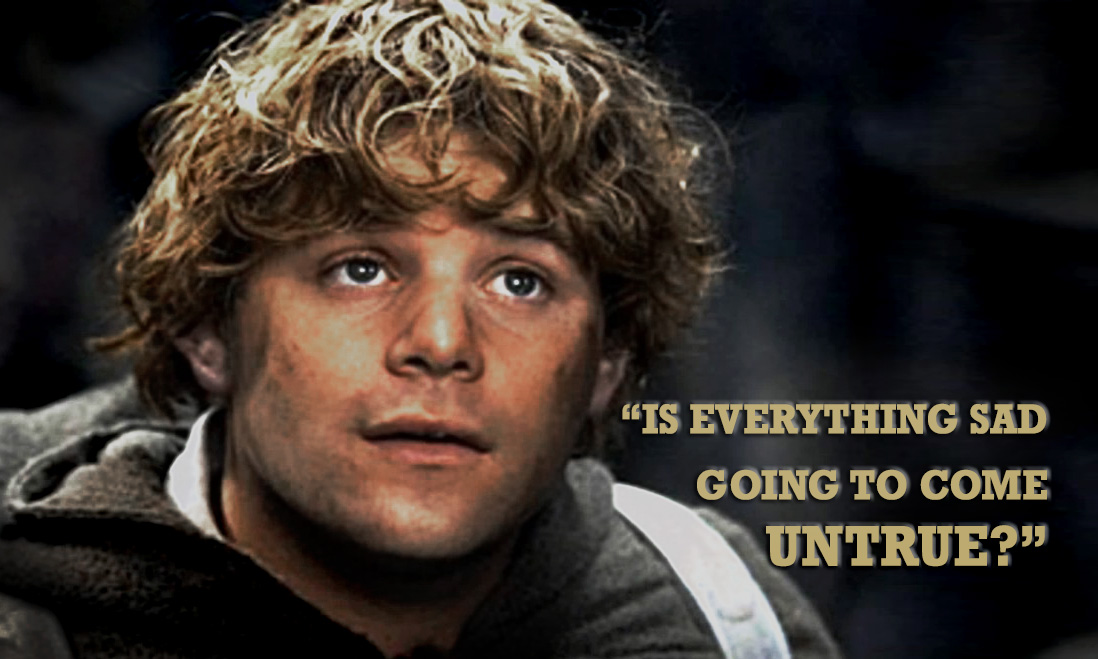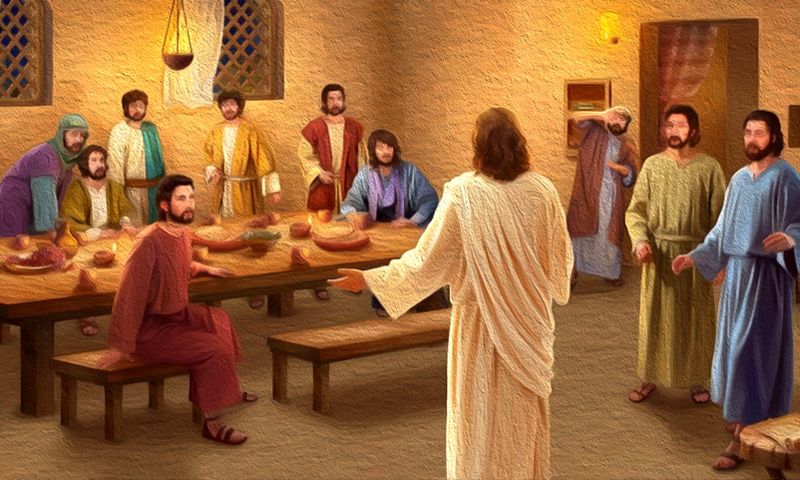“If God is willing but not able to prevent evil,
then He is impotent.
If God is able but not willing to prevent evil,
then He is malevolent.
If God is willing and able to prevent evil,
then where does evil come from?”
- Epicurus, Greek Philosopher, 300 B.C.
Why would a God who is omnipotent (all-powerful) and omnibenevolent (all-good) allow the Coronavirus? Why would He allow such a pandemic to turn the world upside down, killing the most vulnerable? I will in no way attempt to solve the problem of evil, which has been the subject of thousands of volumes over thousands of years, in a few words here, but what I can and will do is offer my own thoughts on this tough issue, in hopes that it could be an encouragement to us during these challenging times.
Think
of a childhood friend with whom you’ve shared many many years of friendship. It
could be a friend or cousin, or a spouse whom you’ve been married to for many
years. You’ve been through thick and thin together. You know him/her better
than they know themselves. Would a single misunderstanding between you
terminate your lifelong friendship? I would certainly hope not and I’m sure
neither would your friend.
Since
with God we’re not talking about a lifelong friendship, but a centuries-long
history of faithfulness to humankind, kindly allow me to give Him the benefit
of the doubt for a few moments here.







